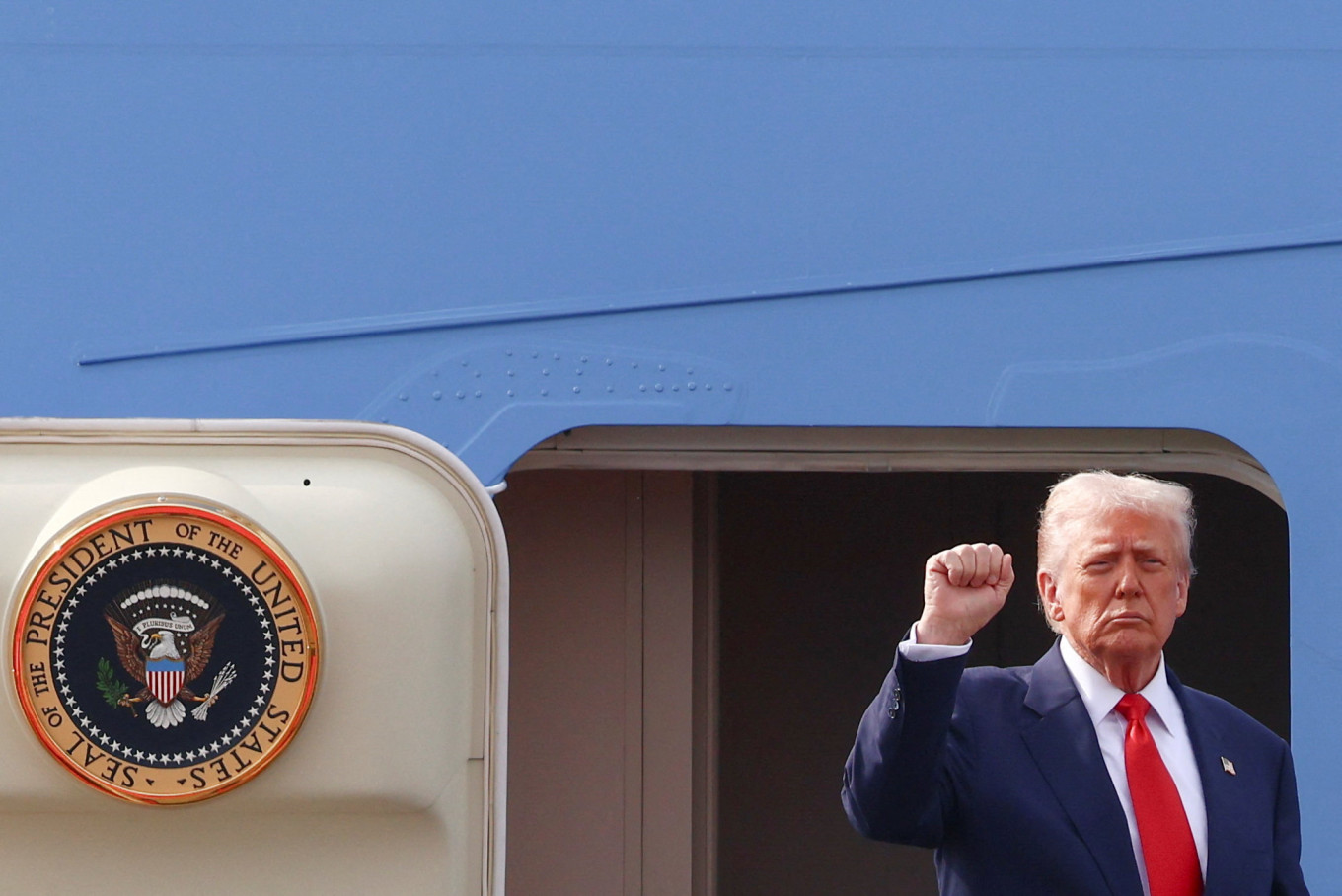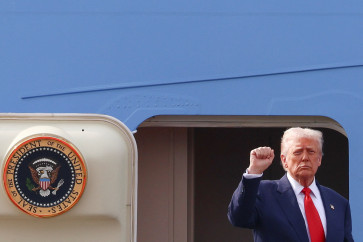Popular Reads
Top Results
Can't find what you're looking for?
View all search resultsPopular Reads
Top Results
Can't find what you're looking for?
View all search resultsTrumpism 2.0 and America’s authoritarian capitalism
It is crucial for international communities to anticipate the wave of Trumpism 2.0.
Change text size
Gift Premium Articles
to Anyone
U
nited States President Donald Trump’s recent visit to Asia has created a controversy related to the prospects for his administration.
Trump claimed that his visit to Asia was a successful trip in which he was able to secure trillions of dollars in new investment in the US and that Asian leaders had given a warm welcome and laid out the red carpet for him during his visit to Malaysia, Japan and South Korea.
In Kuala Lumpur, Trump was confident as he witnessed the co-signing of the Thailand-Cambodia ceasefire during the ASEAN Summit, showing his intentions as a peacemaker. In Tokyo, Trump was welcomed with 250 cherry blossom trees to spruce up the nation’s capital. Meanwhile, South Korea gave Trump a replica gold crown from the ancient dynasty. Reuters journalist Trevor Hunnicut said “Trump’s Asia visit is gold, glory and gesture”.
Nevertheless, this contradicts the complicated domestic issues in the US.
International relations studies propose a paradigm that the results for foreign policy are determined by domestic situation and politics. In relation to this paradigm, The New York Times made a historic and blatantly critical assessment of Trump. On Nov. 1, in a rare and lengthy critical opinion, the editorial board identified 12 indicators of Trump’s authoritarian rule, which could be dangerous to American democracy. It concluded that Trump has abused his power and works against US democracy. These include suffocating dissent and speech, persecuting his political opponents, using the military for domestic control, defying the courts, controlling information and the news media and limiting academic freedom in universities. It was a wake-up call and a reminder to all Americans to be aware of the serious backsliding in democracy.
On Oct. 19, millions of US citizens joined massive demonstrations against Trump in various US cities in so-called “No Kings” marches. Posters were displayed that shouted “Resist Fascism”, “Trump is a Dictator” and “Trump Must Go”. Nonetheless, Trump denied the accusations and said that, “I am not a dictator. They do not represent the American people. They are paid demonstrators”, while his Republican party considered the No Kings demonstrations as “a rally of hate America” and a “pro-Hamas wing”.
Scholars, observers, media and civil liberty movements have argued that Trump is heading toward authoritarianism, shifting both US domestic and foreign policies from liberal and democratic to become more conservative and authoritarian.



















